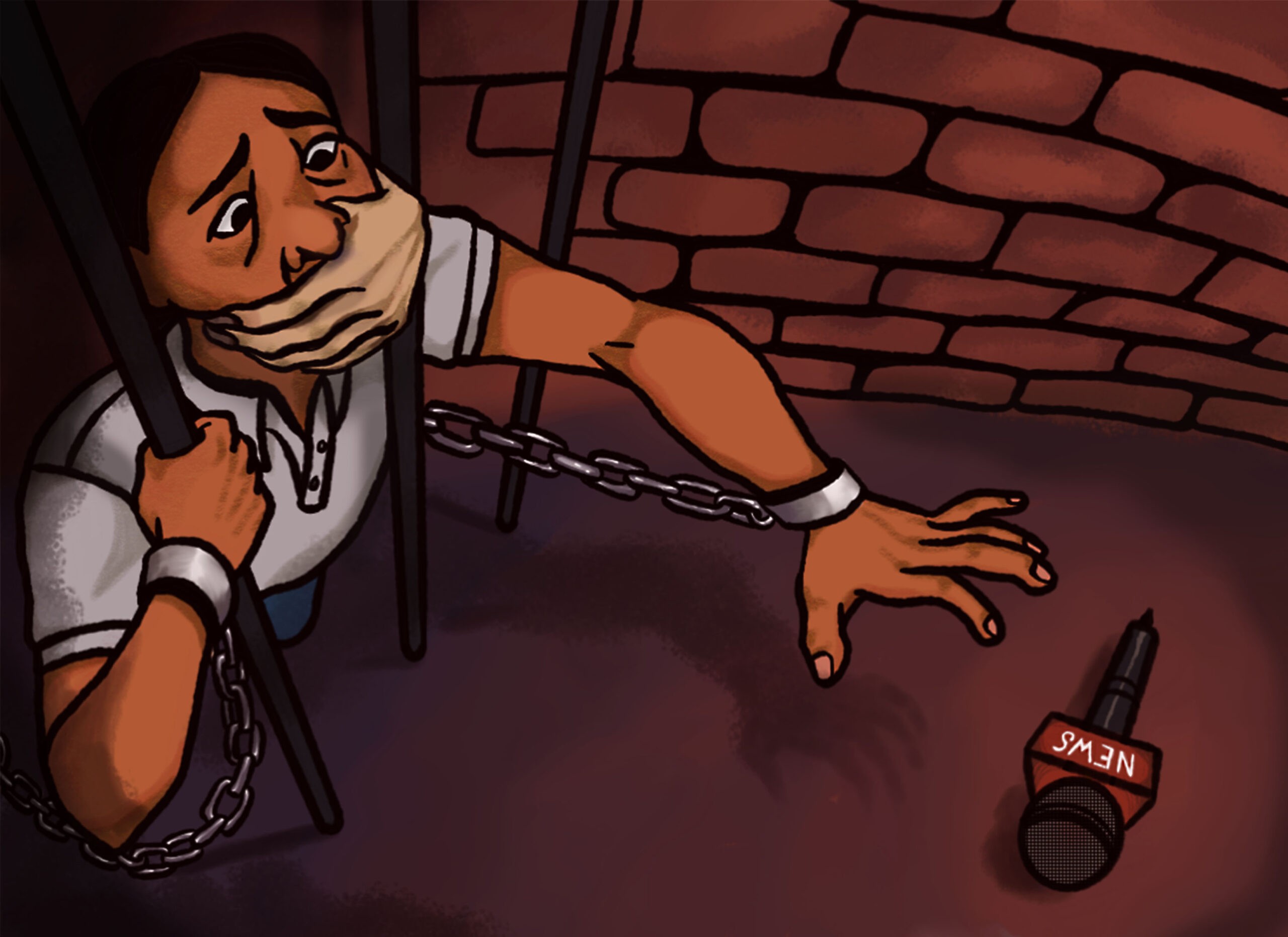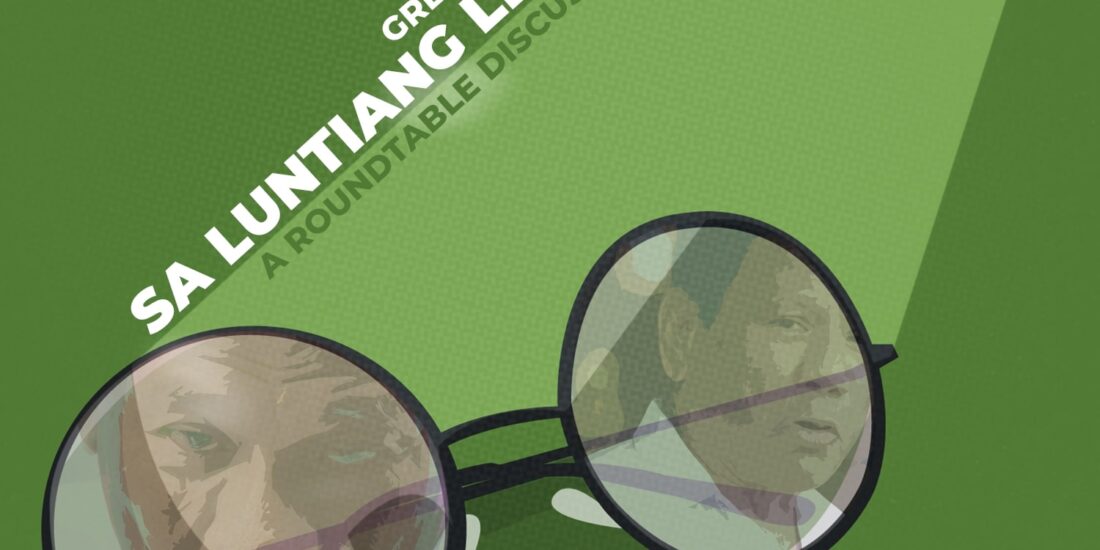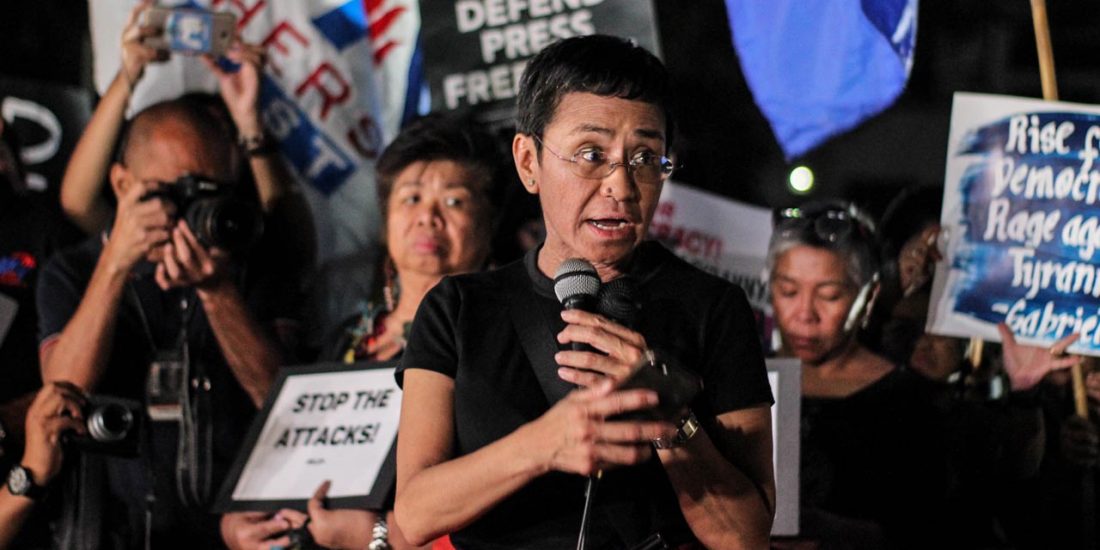The Cost of Storytelling
Originally published in HF Volume 36 Issue 1
Holding the line has been the mantra of many news organizations in the past couple of years with the crackdown on dissent ceaselessly haunting journalists. For Nobel Peace Prize recipient and Rappler CEO Maria Ressa, this keeps them from moving forward in courageously telling stories amid the uphill battle of protecting press freedom and safeguarding the truth. However, the cost of storytelling does not happen to Rappler and similar outlets alone – from regional media to community and campus publications, the cost of being a watchdog could bring so many losses that go beyond the count.
By the numbers
In Reporters Without Borders (RSF) 2021 World Press Freedom Index, the Philippines ranks 138 out of 180 countries. The Philippines has seen a decline in ranking from 136 in 2020 as RSF attributed the rank based on red-tagging, legal battles of Ressa and Alto Broadcasting System, and Chronicle Broadcasting Network (ABS-CBN) franchise denial. However, despite the slight drop from last year’s ranking, these numbers give us a picture of the same haunting reality: the country still has a long way to go in fighting for a free and safe press.
This reality is further exacerbated by the dangers weathered by many journalists on a day-to-day basis – from red-tagging, ban on coverage, harassment, and even deaths. Leaving a spine-chilling blood trail, 22 reported journalists and media workers have been killed under the administration of President Rodrigo Duterte as of December 8, 2021. Most of the slain workers come from regional and community outlets, proving that attacks on journalists have gone beyond the familiar news sites we see on television screens or online. But even before the Duterte regime, the country has recorded a total of 190 journalist killings – a grim reminder that the nation has been suffering the brunt of storytelling for the longest time.
While many watchdogs continue to suffer in bloodshed, some journalists face costs that are also financially taxing, especially coming from an industry that does not pay well. By the figures, the legal battle of Ressa for fraud, cyber libel, and tax evasion accusations, costs of each case play around more than $8000 or approximately P410,000. Meanwhile, on the side of ordinary media workers, thousands have been displaced and retrenched amid the pandemic, following the shutdown of ABS-CBN in 2020 – the country’s biggest media giant and job provider. These numbers tell us that beyond the impact on journalism safety, there’s also a lot on the line in surviving the financial cost of telling stories.
Beyond the numbers
With the rising numbers of impunity and quantifiable hurdles to journalists, there are costs that go beyond the numbers. As the attacks put journalism on thin ice, the chilling effect of these assaults comes in two different forms: to be silenced and to be distrusted.
Needless to say, media organizations and critical press that are not on the same page with the administration end up being silenced — harassment, death threats, and even network franchise denial are only a few examples.
However, unquantifiable costs also result in huge public distrust not only in some news organizations but in the media in general. In Reuters Institute Digital News Report 2021 10th Edition, results showed a decrease in some Filipinos trusting news in social media, slipping from 22% to 20% — which is below the global average of 44%.
Looking from a wider perspective, the accusation against the profession of journalism of being “biased” uncovered one of the chilling effects of where people distrust credible sources in the information ecosystem. When someone reports stories that do not satisfy the matters of the state or interests of those in power, there’s always the attempt to shut down journalists and label them as “bayaran” as if storytelling pays well in a country like the Philippines. Ressa, ABS-CBN, community press, campus publications, and many more have experienced this distrust one way or another, begging an important question to a government that claims to pay high regard to democracy: are we only willing to listen to stories that do not disturb our beliefs and values?
Leaving us wondering where they are coming from, several trolls or fake accounts have been mass-produced to deliberately deliver false or misleading information. As the highly-anticipated national election looms closer, the dynamics of campaigning have witnessed a shift as social media platforms have been utilized — but the tactics of misleading the public remain the same with the infestation of trolls before in 2016 national elections.
With false information disguised as facts, trolls working twice as hard as fact-checking journalists amplify the state-favored journalism. Journalists are expected to fulfill the role of being watchdogs, from uncovering political wrongdoings to holding the leaders accountable. Denouncing the false actions of our leaders intently is one of the components of a democratic society and it challenges people in power to meet the responsibilities and obligations bestowed upon them.
What really counts
The dark days are far from over as the odds continue to stack against journalists and the relentless attacks against dissent persist. But then again, this has always been the cost of bringing the truth to light –- to tirelessly hold the line and keep afloat amid all the hurdles.
This courage is seen in Ressa’s win of the Nobel Peace Prize in December 2021, becoming the first-ever Filipino to receive the award in history. Known for her persistent works in Rappler since 2012 – from exposing corruption controversies to fighting Duterte’s war on drugs campaign, the Filipina journalist continues to inspire more breed of writers to know what really counts amid all the attack—behind the glory and prestige: to keep the courage burning, or as they say it in Rappler, #CourageON.
Maria Ressa is only one of the many journalists that hold the line today. More than skills and knowledge, the journey of storytelling requires tenacity and unyielding values—something that many professionals, student journalists, and aspiring storytellers continue to uphold. Despite discovering the existing threats in the field of journalism, choosing to continue is by far the greatest act of courage–and a costly one, too—but still a battle worth fighting for.
***
Seeing brave journalists like Ressa and organizations that continue to hold the line amid the uphill battle of safeguarding the truth makes us, young breed of watchdogs, stay true to the very core of journalism: to uphold the truth through storytelling by all means. By holding the line and going against the current, courage proves that no cost can stop a journalist from their priceless pursuit of truth.





